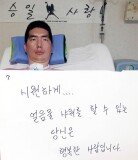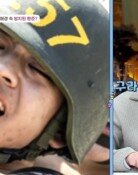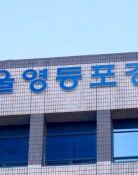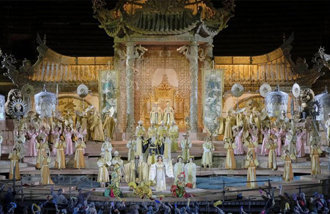Tasks for new Seoul Mayor Park Won-soon
Tasks for new Seoul Mayor Park Won-soon
Posted October. 27, 2011 15:59,
The most urgent task for Park Won-soon, who was elected Seoul mayor Wednesday, is to allay fears stoked against him over the election campaign. Many Seoulites fear that he will employ many figures from civic groups and change projects pursued by his predecessor. Park earned support from a lot of civic activists, but should he appoint too many of them who lack experience in municipal administration to important posts, this will likely cause conflict with public officials.
On the prospects of civic activists working in the city government, Park told The Dong-A Ilbo on Oct. 13, I dont intend to leave municipal administration in the hands of those from civic organizations in return for their support in the campaign. He said, Even if they get posts, they should prove their expertise and capability, adding, Its unreasonable for external figures to hold sway in municipal administration by excluding incumbent public officials. Hopefully, Park will practice what he preaches.
The Seoul mayoral by-election was abruptly set up due to the resignation of Oh Se-hoon, who kept his pledge to step down after a referendum on free school meals at Seoul schools was negated due to low voter turnout. Whether Park presented his election pledges after careful consideration is difficult to say. Many of his pledges are not concrete, and he said he will review several of them after being elected. On structural improvement work on Yanghwa Bridge that is 80 percent complete, Park said he will halt the project as an example of projects spearheaded for exhibition purposes." He has had a change of heart, however, with source in the election camp saying, The project cannot be stopped because the work to remove ground plates has already begun.
In a discussion organized by senior journalists on Oct. 10, Park said, I value the consistency of municipal administration. If the new mayor fails to respect what his predecessor did, this will undermine the consistency of municipal administration and waste taxes. On the Han River Renaissance Project, a comprehensive project to transform the river and its banks, making the distinction between necessary and unnecessary work is difficult. Park is advised to make a logical conclusion after gathering opinions from figures whose objectivity and expertise are proven as well as from the people.
Park should review his pledges are infeasible and could undermine the city movements fiscal soundness. He promised to build 80,000 public rental houses while reducing the city`s debt by 7 trillion won (6.2 billion U.S. dollars). SH Corp., which will lead the public rental housing project, is in a fiscal crunch. It has built just 120,000 public rental units over the past three decades.
Seoul mayor is judged by what he or she has done. If Park intervenes in politics, he will come under fire for putting municipal administration on the back burner. This is also a far cry from his original purpose for running for mayor. Park was elected thanks to wholehearted support from progressive and left-leaning forces. He should not create social division, however, by separating progressive forces from conservative ones or excluding those who oppose him. In this sense, Park should learn a lesson from the late former President Roh Moo-hyun.







